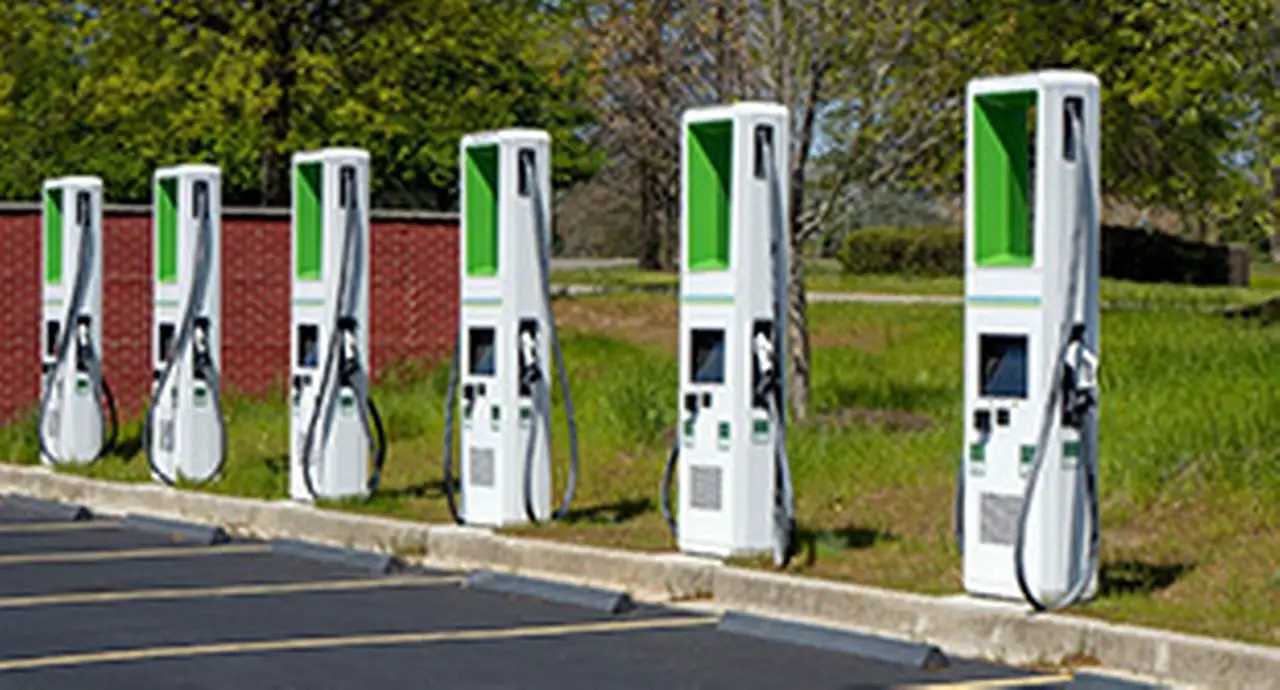Are EVs good for long trips?
As electric vehicles (EVs) continue to grow in popularity, many potential buyers wonder if they are a suitable option for long-distance travel. With their eco-friendliness and fuel efficiency, EVs offer many benefits for daily commuting and short trips. However, the limitations of their battery range and charging infrastructure have left some skeptics questioning whether EVs are truly practical for longer journeys. In this article, we will examine the advantages and disadvantages of EVs for long trips and provide some tips to help you make the most of your EV for extended travel.
Advantages of EVs for Long Trips

Cost-effective: EVs are more cost-effective in the long run compared to traditional gasoline-powered vehicles. They require less maintenance, have fewer parts that can wear out, and are generally more efficient in terms of fuel consumption.
Lower fuel costs: EVs are cheaper to charge compared to gasoline-powered cars. The cost of electricity per mile is significantly lower than the cost of gasoline per mile. Additionally, some charging stations offer free charging, reducing the cost even further.
Environmental benefits: EVs produce fewer emissions than traditional gasoline-powered vehicles, making them a more environmentally friendly choice for long trips.
Quiet ride: The absence of an internal combustion engine in EVs makes for a quieter and smoother ride, making long trips more comfortable.
Availability of charging stations: The number of charging stations for EVs is increasing rapidly. Many charging stations are located along major highways, making it easier for EV drivers to travel long distances.
Limitations of EVs for Long Trips

Range anxiety: Range anxiety is the fear of running out of charge while on a long trip. EVs have a limited range compared to traditional gasoline-powered vehicles, and charging times can vary depending on the charging station and the vehicle’s battery capacity.
Limited charging stations: While the number of charging stations is increasing, they are not yet as widely available as gas stations. This can make it difficult for EV drivers to find a charging station when they need one, particularly in rural areas.
Longer charging times: Charging an EV can take significantly longer than filling up a gasoline-powered car. While fast charging stations are becoming more common, they are not yet available in all areas.
Cost of installing a home charger: Installing a home charger can be expensive, making it difficult for some drivers to charge their EVs at home. This can be a particular problem for those who live in apartments or rental properties.
Conclusion
In conclusion, EVs are suitable for long trips as long as the driver is willing to plan ahead and is aware of the vehicle’s limitations. While there are some limitations to EVs for long trips, such as range anxiety and longer charging times, the benefits of cost-effectiveness, lower fuel costs, and environmental benefits make EVs a viable option for long-distance travel. With the increasing availability of charging stations and advances in battery technology, EVs will become an even more attractive option for long-distance travel in the future.
